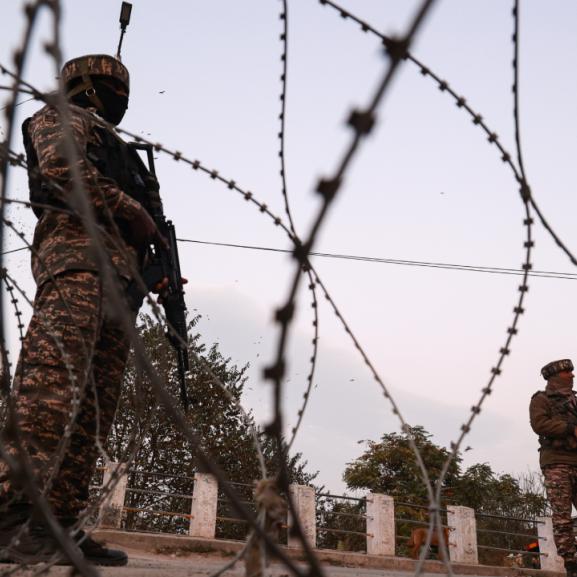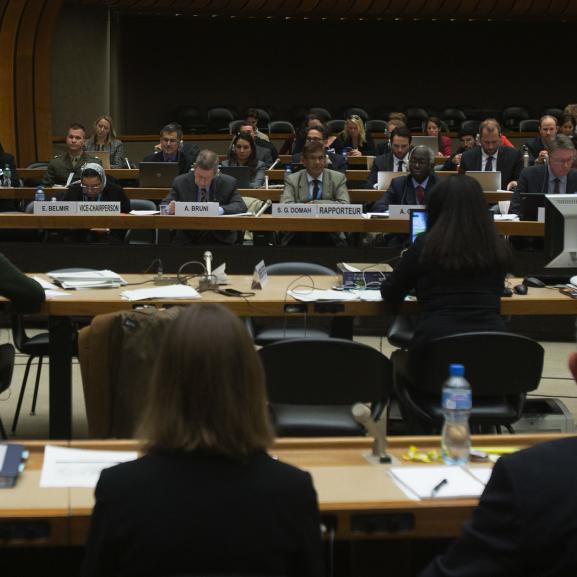International monitoring of British-held detainees in Iraq needed, says Freedom from Torture
The High Court ruled today that the Government must conduct an effective investigation into the alleged death under torture, while in British custody, of Iraqi civilian Baha Mousa (Al Skeini and Others v Secretary of State). The ruling confirms that the Government is bound, under the European Convention of Human Rights (ECHR) to undertake a full and effective investigation, in addition to the previous military review of the cases, even though the deaths occurred overseas.
The Medical Foundation for the Care of Victims of Torture called on the Government today to meet its international treaty obligations fully, including not only under the ECHR but also under the European Convention for the Prevention of Torture, which provides for unannounced visits to places of detention, and which, if applied in the same way as the ECHR, would allow access to British-held detainees abroad.
Foundation spokesman Sherman Carroll noted that the organisation called on the Government in June to give access to the European Committee for the Prevention of Torture (CPT) to detainees held by British forces in Iraq. At present, the CPT's remit does not run beyond the UK's territories because at the time of signing this Convention, the UK Government expressly limited its geographical reach. This limitation could easily be withdrawn by the UK Government if the political will were there, however. Mr Carroll noted that "if this simple and straightforward step were taken, there is no reason, following today's judgment, why the CPT could not visit places of detention controlled by the British overseas, including those in Iraq.”
The Medical Foundation believes that the European CPT is the appropriate mechanism to ensure that the rights of British-held detainees in Iraq are safeguarded. The CPT is the best way to give transparency to the UK Government's expressed intention to provide those safeguards for detainees held by its armed forces.
"In view of the enormous worldwide publicity given to alleged human rights abuses by Coalition forces in Iraq, including torture,” said Mr Carroll, "it would behove the UK Government to allow unannounced inspections by the ECPT of British detention facilities in Iraq. Should the Government adopt this proposal, the primary intention of such visits would of course be to safeguard the detainees, but a secondary purpose would surely be to reassure public opinion worldwide, not least in Iraq, that the UK Government gives full effect to its commitments under international human rights law to protect detainees under its jurisdiction against torture and other forms of inhuman or degrading treatment or punishment.”





